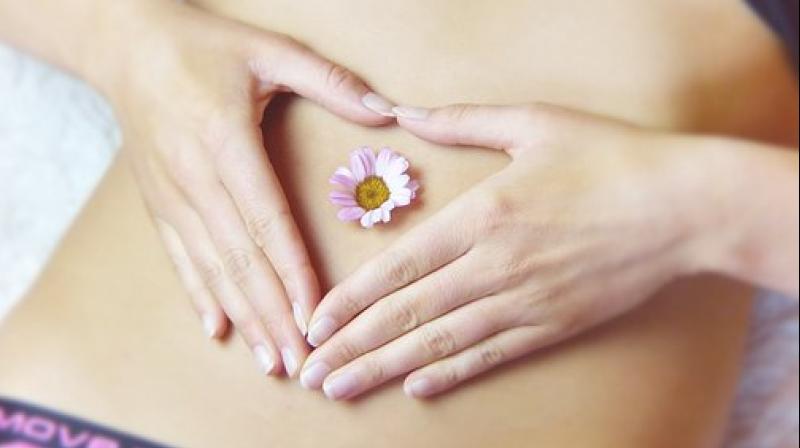Here’s what happens when your gallbladder stops working
The gallbladder, a small organ, plays a very important role in digesting your food.

We’ve studied how digestion works. It looks like a complex process which involves the coordination of many organs. Apart from them, there are fluids too that help your body in digesting nutrients from food. Your gallbladder especially, helps in fat digestion. But, what happens to all the food when the gallbladder stops working?
The fat from all your fatty food passes through your system but it cannot be properly digested. This in turn can lead to a lot of uncomfortable symptoms, like chest pain, nausea, and vomiting among others.
The liver produces bile juice, which gets stored in the gallbladder. What exactly is the gallbladder? It’s a small pear-shaped organ which is connected to your liver through the hepatic duct. What does it do? The gallbladder releases the bile through your intestines when it contracts. Bile is mainly composed of specialized salts that help in emulsification of fat, aiding in intestinal absorption. As Live Strong mentions, fat is one of the six key nutrients that your body needs to function properly.
When the gallbladder doesn’t work properly, your body can’t break down and use fat that you get from your food. It tends to remain undigested, even though the other nutrients from your food get broken down normally. Your stomach appears to be bloated after having a fat-rich meal.
There are significant changes in your stool as well. The colour tends to be pale, because stools are usually brown owing to bile salts. Apart from this, your stool also might be foul- smelling, and there are chances of being affected by diarrhoea.
In instances when your gallbladder stops functioning properly, it’s ideal to have a diet that is low on fat. This is done to make up for the lack of your body’s ability to break down fats. Also, eating a reduced-fat diet helps in lessening gastrointestinal symptoms that arise as a result of gallbladder dysfunction.
It’s ideal to visit a doctor when you experience any of the above symptoms. Your health professional might recommend removal of your gallbladder. Even though you’ll be able to digest small amount of fat, you’ll still be required to stay away from fatty foods. The liver will continue to produce bile, but there’ll be no gallbladder to store and release it. In such a case, the bile will drip into your intestines.

